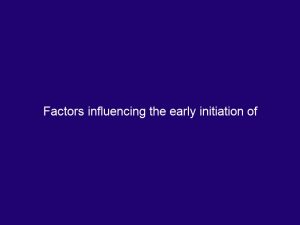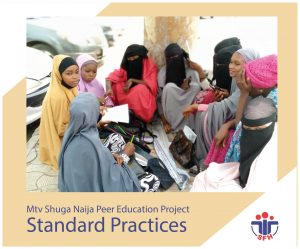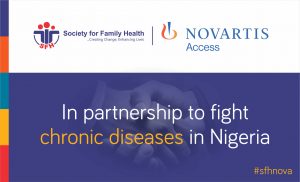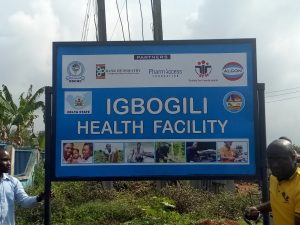1 in 5 girls aged 15-19 across Northern Nigeria wants but does not have access to modern contraception (Itad’s A360 outcome evaluation baseline survey, 2018).
Through Matasa Matan Arewa (MMA)—the first replication of A360’s blueprint—we’re driving toward filling that gap.
- What we’re doing: MMA has served 1,600 married adolescent girls, and counting, with modern contraception since the January 2018 launch of its pilot program. As MMA demonstrates: A360 delivers a practical guide for replication, tailored to the context of the girls we serve.
- What we’re measuring: In June 2018 alone, four in five girls aged 15-19 who interacted with MMA adopted a method of modern contraception. 25% of girls opted for a long-acting method—dramatically outperforming Nigeria’s 0.1% national average for LARC uptake among the same age group.
- What we’re learning: There is real power in leadership of insight-driven program design by local organizations, rooted deeply in the context of their markets and consumers. Local NGO, Society for Family Health Nigeria (SFH) led the design process of MMA in Northern Nigeria after working closely with A360 and IDEO.org in Southern Nigeria to hone their skills on insight generation and prototyping.
- Why this is working: MMA engages men and religious leaders to create a groundswell of support among those central to influencing how girls make health decisions. And it works. An MMA mobilizer, for example, referred Yakubu* and his 19-year-old wife to services—after the couple were denied an abortion when Yakubu’s wife fell pregnant, again. Today, his wife’s implant gives Yakubu peace of mind. “God will take care of everyone. But it is my job to provide food and school,” Yakubu says. Contraception, he adds, means they together can plan for the family and future they desire. “Now, when I look at my children, they are growing strong, not sickly, and she is not pregnant yet. When I look at my wife, she looks more beautiful…I’m happy about that, and I’m so thankful for [MMA].”
Through our work in A360’s intervention countries and beyond, we’re using our learning to drive unprecedented breakthroughs. Thanks for coming on this journey with us.






